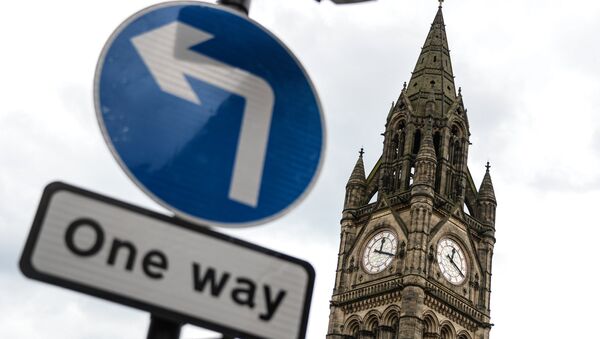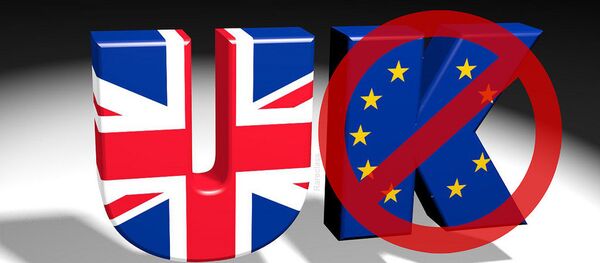The vote itself was significant because it showed a clear opposition between the people and the elites, Bricmont pointed out.
"The latter want more globalization and the former less. The fact that the people of a major European country reject the will of the elite has provoked a wind of panic among the European ruling circles," he observed.
The European unification project was always anti-democratic and was only sold to the public through massive campaigns of fear, Bricmont recalled.
European unification "was supported by part of the left under the pretext of ‘combatting fascism’, which was always a fantasy," Bricmont pointed out.
However, the British Brexit decision meant that the fear technique had failed for the first time, Bricmont maintained.
"What will happen next? Well, my only answer is very British: wait and see!" he concluded.
The economic consequences of the United Kingdom leaving the European Union could start hurting the domestic economy very fast, especially in the great financial center of London, Hebrew University educational researcher and former BBC news editor Susan Goodman told Sputnik.
The United Kingdom had negligible industrial exports to major nations such as Russia, Brazil and India, and might need many years to build up new markets in such countries, Goodman cautioned.
"The main strength of the United Kingdom is invisible earnings and they will move to Frankfurt or Paris," she said.
UK politicians who defended remaining in the European Union had failed to hear the concerns of millions of ordinary Britons, but the protest vote to leave the bloc had left the British public vulnerable to possible future nationalist demagogues, Goodman warned.




